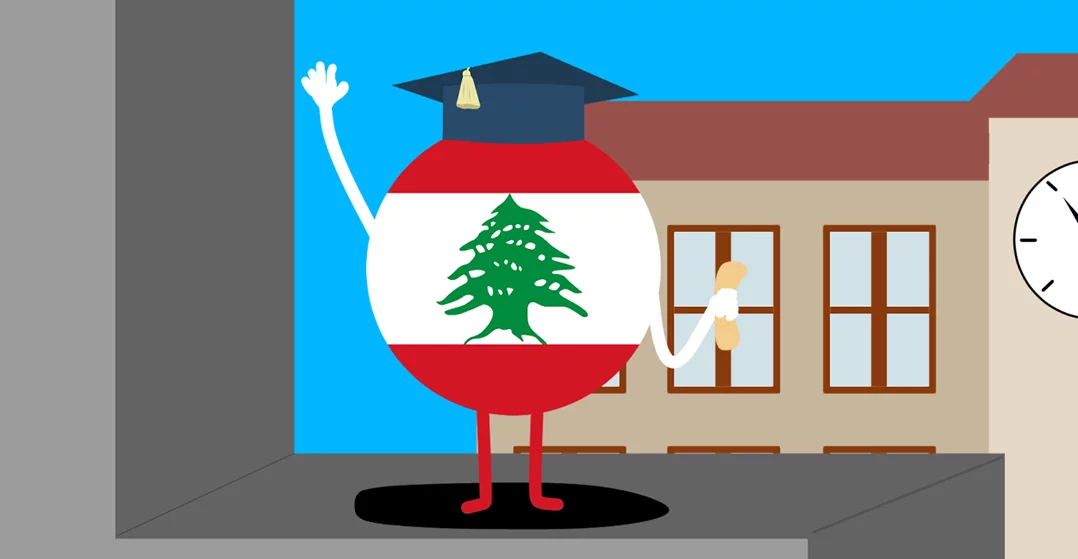With public schools weakened by crises, families turn to costly private education, deepening social and economic divide
Lebanon’s education paradox: Private schools soar as public system collapses
Lebanon’s education paradox: Private schools soar as public system collapses


Lebanon now ranks third worldwide in private elementary school enrolment, with a staggering 73% of students attending private institutions (UNESCO). Behind this statistic lies a deeper story: one of a public education system hollowed out over decades, and a private sector expanding almost unchecked, leaving families with few alternatives.
The country falls just behind Belize at 81.1% and the United Arab Emirates at 82.6%. By contrast, countries like Qatar (64.5%), Chile (63.1%), and Somalia (56.5%) show lower private school enrollment, while Belgium (54.1%), Liberia (49.6%), South Sudan (46.9%), and India (45.1%) rank even further behind. These figures highlight the exceptional scale of Lebanon’s private education sector and underscore the fragility of its public system.
Globally, countries invest in public education as the backbone of social and economic development, ensuring access, quality, and equity. Lebanon, by contrast, shows the opposite trend. The public-school sector, once a cornerstone of the country’s social infrastructure, has weakened under years of mismanagement, and chronic underinvestment. Its decline accelerated with the economic collapse of 2019, the disruptions of the pandemic, and the most recent Israeli war, each delivering blows that public schools were ill-equipped to absorb.
A system under strain
Trust in public education has eroded, forcing families to pay ever more for access to schooling that guarantees safety, stability, and perceived quality even as it widens the gap between those who can afford private schooling and those who cannot.
The 73% figure is more than just a number. It exposes a system under strain, one in which public education, a critical equalizer, has been allowed to crumble, while private schools profit and proliferate. For Lebanon, the challenge is not merely economic; it is societal. The trend risks creating generations for whom quality education is contingent on wealth, and for whom the public sphere, long a marker of social cohesion, becomes increasingly irrelevant.
Restoring public confidence and investment is essential. Without decisive intervention, the country risks entrenching inequality and fragmenting its future citizens’ opportunities. The soaring private school enrolment is a symptom of deeper systemic failure, one that policymakers, educators, and society at large cannot afford to ignore.


